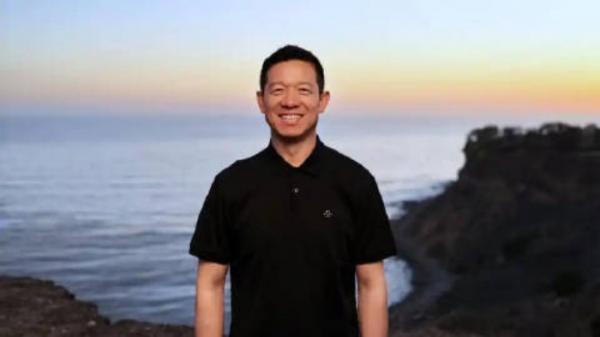Jia Yueting Calls for an End to Copying and Exaggerated Marketing in the Auto Industry
![]() 06/17 2025
06/17 2025
![]() 568
568

Recently, Jia Yueting, the founder of Faraday Future (FF) and currently based in the United States, addressed the 17th Xuanyuan Auto Blue Paper Forum via video, candidly highlighting several irregularities within the domestic automotive sector. Specifically, he pointed to three major issues: copying, over-advertising, and fashion-driven exaggerated marketing.
Jia Yueting stressed that in the fiercely competitive global automotive market, automakers must immediately cease unhealthy practices of "self-indulgent internal competition" and refocus on value creation to ensure their survival.
In my view, both copying and exaggerated marketing are detrimental to the automotive industry, and Jia Yueting's critique is valid. Copying, such as pixel-level replication of designs, disregards intellectual property rights. Exaggerated marketing, on the other hand, often leads to a mismatch between product descriptions and reality, leaving users feeling deceived, particularly when vehicle performance falls significantly short of expectations. Furthermore, given the intimate link between cars and personal safety, some exaggerated claims could even jeopardize users' lives, making this practice particularly harmful.
Notably, Huawei Terminal Chairman Yu Chengdong recently echoed this sentiment, stating, "We must strive for true greatness, crack down on exaggerated marketing, and celebrate genuine achievements." He emphasized the need to tackle irresponsible marketing that disregards life safety, as it is not only irresponsible but can also lead to severe consequences.
At the same time, Yu Chengdong believes in fostering progress by encouraging capable individuals and entities to create greater value through their products. "We must recognize and reward excellence to drive societal advancement," he said. Regarding advertising, it is a legitimate commercial activity where both parties—the seller and the buyer—are willing participants. For automakers, it serves to broaden their product and brand reach, engaging more potential customers and converting them into sales.
Similarly, car bloggers, automotive media, and related apps benefit from tangible income, while fans gain a more comprehensive understanding of new vehicles. While it's true that some reviewers lack professionalism, tarnishing the industry's reputation, the majority are professional and diligent in their evaluations. Thus, the actions of a few should not reflect poorly on the entire group.
However, I disagree with Jia Yueting's assertion that advertising is inherently harmful, which I find somewhat extreme. His call to halt "self-indulgent internal competition" is spot on and aligns with the country's push against such practices in the automotive sector.
For sustainable growth, automakers should shift away from price wars and malicious competition, instead focusing on enhancing product value. Encouragingly, more than 10 automakers have recently pledged to adopt a 60-day payment term, which bodes well for the healthy development of the automotive supply chain.
Nevertheless, refining the regulatory mechanism is crucial. True reform effectiveness hinges not just on policy documents but on tangible improvements felt by upstream and downstream enterprises. Only then can we truly propel the automotive industry forward, beyond mere rhetoric or superficial policy implementation. What are your thoughts?







